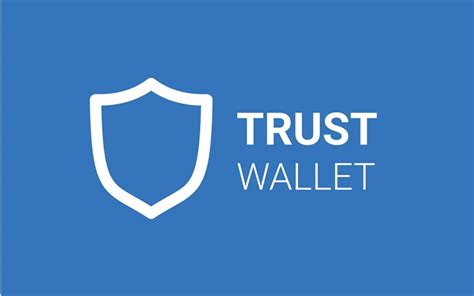Ethereum: Can You Trust BitAddress.org?
As an experienced cryptocurrency user, you’re probably no stranger to the excitement and complexity of Ethereum. However, when it comes to generating unique addresses for your transactions, you may be wondering whether you can trust BitAddress.org, the website that promises to make this process seamless.
In our opinion, the answer is still a resounding “cautious yes.” Here’s why:
Security Concerns
BitAddress.org’s claim to generate address pairs on your computer raises significant security concerns. While it may seem like a convenient shortcut, putting your personal data at risk by trusting an external website isn’t worth the hassle.
When you enter your Ethereum wallet seed phrase or other sensitive information into BitAddress.org, you’re essentially handing over control to their servers and users. This means there’s the potential for unauthorized access, hacking, or even the theft of your private keys.
Lack of Transparency
BitAddress.org does not provide detailed information about how they handle user data, including IP addresses and computer logs associated with your account. In an age where security is paramount, this lack of transparency raises red flags.
Additionally, BitAddress.org’s terms of service and privacy policy are unclear, making it difficult to understand what happens to your data when you use their services. This ambiguity can lead to misunderstandings about how your personal information is being used.
Counterproductive Approach
Rather than relying on third-party services like BitAddress.org, we recommend taking a more robust approach to address generation and security:
- Use a Hardware Wallet: Store your Ethereum private keys in a secure hardware wallet, such as Ledger or Trezor. This ensures that your private keys are encrypted offline and protected from unauthorized access.
- Keep your software up to date

: Regularly update your Ethereum software to ensure you have the latest security patches and features.
Conclusion
While BitAddress.org may seem like a convenient shortcut, its lack of transparency, security issues, and counterproductive approach make it less reliable than using a hardware wallet or other secure methods. If you care about the security and privacy of your Ethereum transactions, consider exploring alternative options that prioritize security and user control.
Stay vigilant and always exercise caution when entrusting sensitive information to external services.
 VN
VN